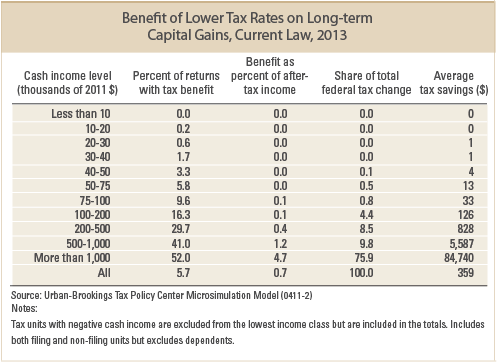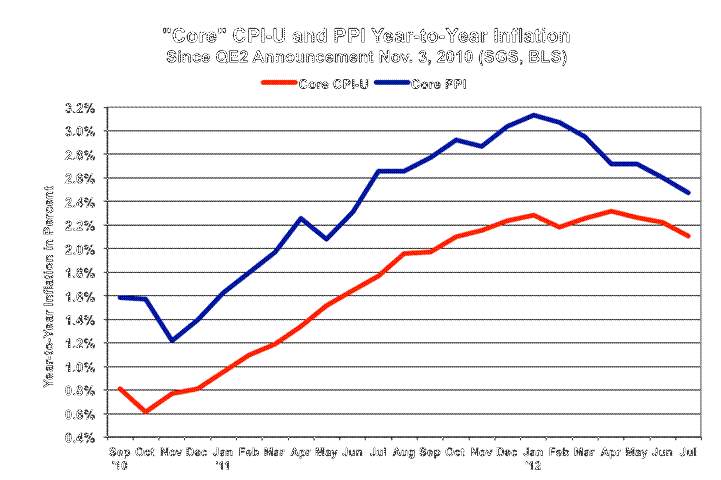SHORT SALE GAIN ESTIMATOR
Post on: 21 Май, 2015 No Comment

Is my short sale taxable? this is the question of the year and most likely for the next 3 years.
Why? Because of the Real Estate Market downturn, the short sale transactions are increasing and most likely will continue to increase for the next two years, having tax consequences for the next three years.
What is a short sale? It is a compromised sale between the homeowner, the existing lender and the new buyer. The seller owes more than what the house is worth thus the lender has to discount the existing loan canceling part of the debt in order to allow the seller to close escrow without the seller having to put money out of his pocket to close escrow.
Generally the transfer of foreclosed property or the sale of a short sale is treated the same as the sale of the taxpayer’s main residence for tax purposes. The only difference is that in a short sale, the amount of the canceled debt is treated as the sale amount. Contrary to the popular belief that most short sales are taxable. Most short sales are not taxable.
Click here for most recent approved short sales guidelines effective April 2010 Facts:
1.-Your short sale transaction may qualify as your main residence and a capital gain tax exclusion as per IRS code 121
2.-Because of your financial hardship you may qualify to exclude the ordinary income due to financial insolvency and or bankruptcy as per IRS PUB 908 and PUB 544
3.-Other acceptable hardships that will help you exclude your capital gain from being taxed are: unemployment, employment change, divorce, health, multiple births in same year etc. as per IRS code 121 and IRS pub 523.
To simplify this. I have created a short sale gain estimator that will give you a very good estimate of the tax consequences of your short sale transaction. Sources, pub 523 and pub 544 of the irs codes.
It is important for the seller to know if their loan is a non recourse loan or a recourse loan.

Non recourse loans in California are secured by the real estate property and the borrower/seller is not personally liable for the loan. You do not have ordinary income from the short sale of a property with a non-recourse loan. You may however have capital gain that may be excluded if your property meets the rules for a primary residence held and used as a main residence for 2 years out of the last 5 years prior to the sale or transfer. Recourse loans on the other hand may hold the borrower personally liable for the balance due even if the property is foreclosed and sells for less than the amount owed on the property.
On recourse loans the borrower may have ordinary income in addition to capital gain due to the short sale transaction. Why ordinary income? Because the difference of the canceled debt and the fair market values is considered to be a loss to the lender and a gain to the seller/borrower. The reason you may have capital gain taxes as well is because the adjusted basis of the property may be less than the foreclosed or canceled debt amount. This happens when the borrower refinances or gets a line of credit.
Fortunally in the state of California, most real estate loans are non-recourse loan reducing the financial risk to the borrower and passing it to the lender. For tax purposes short sales, foreclosures, and repossessions are all treated as conventional sales where the gain is subject to capital gain taxes. in a short sale the amount of the canceled debt is to be considered as the selling price or the realized amount. If the property foreclosed or sold in a short sale qualifies as the seller’s main residence for at least 2 years, it may qualify to be excluded from taxable gain as per IRS CODE 121.
This may sound a little confusing. This is why I have simplified and included a Foreclosure and Repossessions worksheet below for non-recourse loans and recourse loans.
Example no. 1 for non-recourse loans
Table 1-2. Worksheet for Foreclosures and Repossessions














